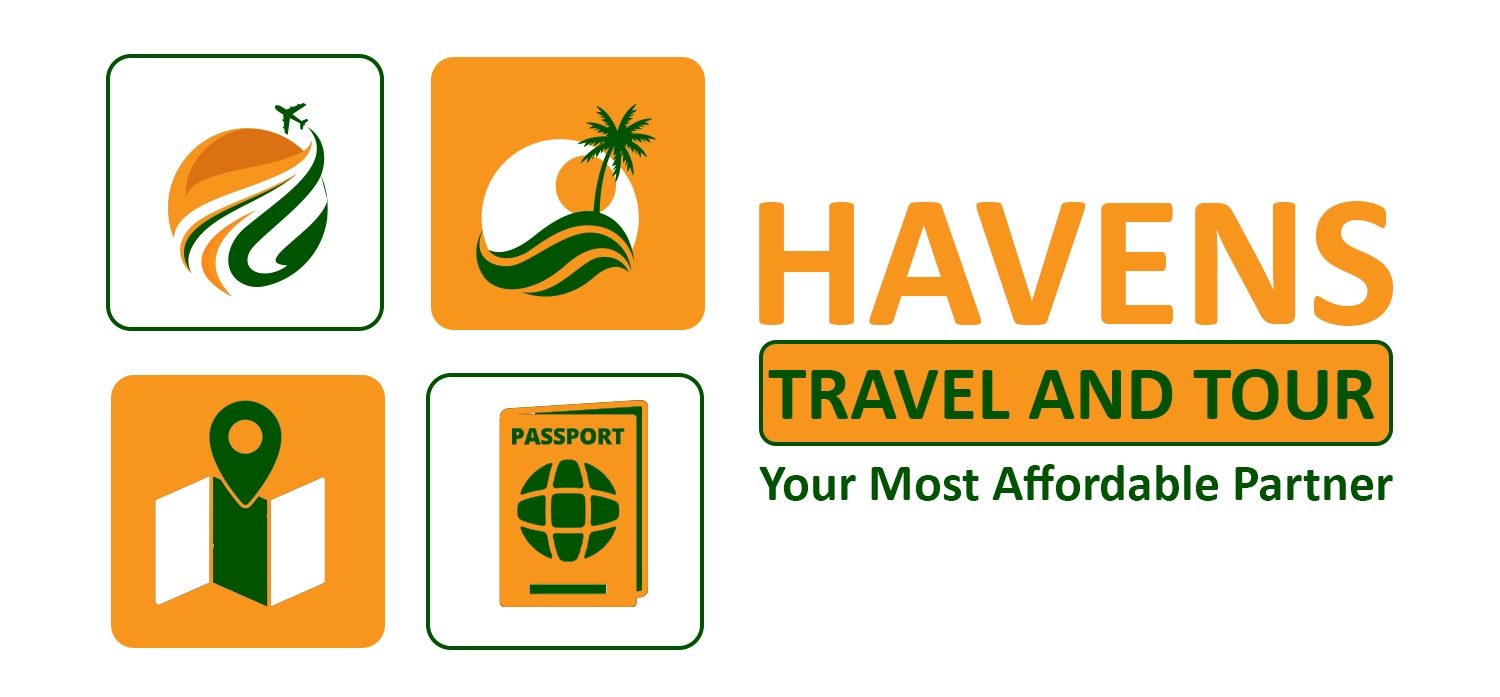Adapting to Change: Crafting a Affluent Future for the Hospitality Trade Amidst Challenges and Alternatives
As 2024 attracts close to, the Hospitality business faces a mixture of challenges and alternatives for institutional traders, resort house owners, and operators. The approaching years will carry important impacts from new tendencies, financial shifts, environmental adjustments regulatory updates, and evolving visitor preferences. Consequently, danger managers and senior executives have to craft an in depth danger administration technique to information knowledgeable selections and lead the sector to prosperity.
The continuing problem to draw and retain expert employees, aggregated by pandemic-related job losses, stays a crucial challenge in hospitality, a sector representing a notable a part of the U.S. workforce. Current surveys present that 82% of accommodations are grappling with understaffing. This scarcity of expert workers may adversely have an effect on the service high quality and operational effectivity, posing a major hindrance to the business’s development and success.
The sector’s accelerated adoption of know-how has opened new avenues for personalised visitor interactions, notably by way of contactless digital know-how. Nonetheless, this additionally carries an inherent danger related to the gathering and storage of visitor data and potential vulnerabilities that could be exploited by way of cyber-attacks and ransomware. Lodges should, subsequently, undertake sturdy safety measures to guard delicate visitor data and stop cyber threats.
Moreover, the rise of social media platforms has amplified the attain of visitor suggestions. A single detrimental evaluate or grievance a few resort or model can shortly achieve traction and considerably injury a resort’s fastidiously constructed popularity. Due to this fact, it’s important to take care of a powerful on-line presence and monitor social media channels to shortly handle any detrimental suggestions and preserve a constructive popularity.
The importance of local weather danger and planning has elevated following current exterior elements equivalent to wildfires, hailstorms, floods, and heatwave exercise. Apart from, inside elements equivalent to resort waste, boilers and chillers, underground tanks, use of plastics, meals waste, and sewage waste have to be addressed to create an efficient environmental administration program. Issues surrounding local weather change must be thought of throughout planning, together with renovation initiatives on getting older properties and new resort development. Threat administration ought to incorporate sturdy contractual protections to safeguard their pursuits in case of losses. The transition in direction of a net-zero financial system additionally necessitates an analytical method for the resort section, utilizing predictive fashions to tell long run strategic planning selections.
The Hospitality business is keenly observing shifts in traveler conduct, particularly amongst leisure friends who more and more prioritize a variety of facilities, from various culinary choices to wellness applications, putting a premium on distinctive experiences. Moreover, the rise of distant work and digital conferences has piqued the business’s curiosity in evolving tendencies, suggesting a doable realignment in enterprise journey, notably a noticeable shift in direction of midweek stays. Furthermore, there is a rising pattern amongst customers favoring eco-friendly accommodations, reflecting a heightened environmental consciousness of their lodging decisions.
Lodges throughout the Hospitality business are considerably influenced by regulatory adjustments at each the state and federal degree, which embody local weather laws, environmental initiatives, and native jurisdictional statutes. To make sure compliance, accommodations should keep updated with these adjustments and actively interact with business associations that symbolize the Hospitality sector on state and federal platforms. Such proactive involvement ensures that accommodations are promptly knowledgeable concerning the newest regulatory developments which have a direct affect on their enterprise and their clientele. In the end, diligent monitoring of those regulatory adjustments is essential not just for compliance but additionally for sustaining a aggressive edge within the business.
For purchasers within the Hospitality sector, these altering instances underscore the significance of strategic partnerships and knowledgeable steerage. Tailor-made options that handle particular wants, knowledgeable by deep business data and foresight, can considerably improve operational effectivity, danger administration, and buyer satisfaction. On this evolving panorama, the flexibility to adapt and innovate in response to those various challenges and alternatives might be paramount in securing a profitable and sustainable future for the Hospitality business.
The post Adapting to Change: Crafting a Affluent Future for the Hospitality Trade Amidst Challenges and Alternatives appeared first on Havens travel and tour blog .




